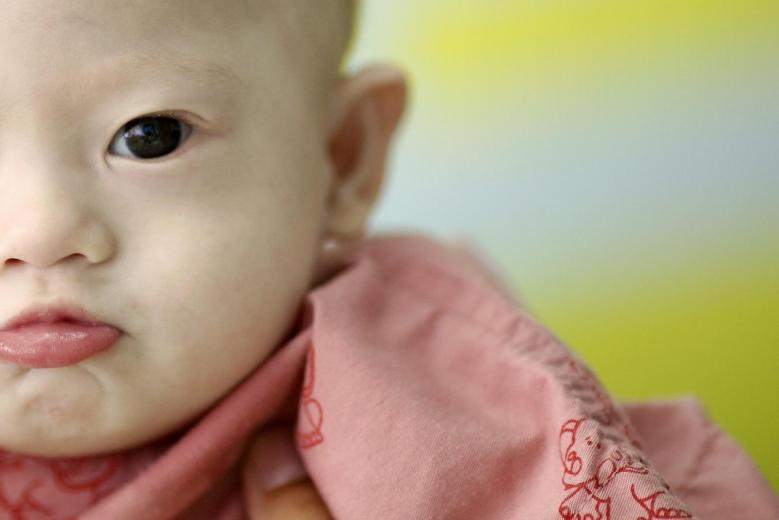Ohio House advances bill that would ban abortions of unborn babies with Down syndrome

The Ohio House has advanced a bill that would prohibit abortions based on the fetal diagnosis of Down syndrome on unborn babies.
The legislation, Ohio House Bill 214, was approved by the House on Wednesday by a vote of 63–30. Also known as the Down Syndrome Non-Discrimination Act, the measure would penalize physicians who perform abortions on unborn babies who have or may have Down syndrome.
Those who violate the measure could be charged with a fourth-degree felony, punishable by up to 18 months in prison and a $5,000 fine, according to USA Today. Offenders could also lose their medical license and face lawsuits if the pregnant woman is injured or dies as a result of the procedure.
The measure does not penalize women who have abortions knowing that the unborn has been diagnosed with Down syndrome.
State Rep. Sarah LaTourette, a pro-life Republican who sponsored the bill, has noted that the statistics for unborn babies who were aborted after a diagnosis of Down syndrome are staggering.
"When we hear the statistic that 90 percent of women chose abortion because of this potential diagnosis, there's an obvious problem there," LaTourette said, as reported by Life News.
"I continue to say that this bill is about so much more than abortion. I truly believe that it's about discriminating against some of our most vulnerable, discriminating against an unborn child simply because they might have a Down Syndrome diagnosis. That's something that I find absolutely unacceptable," she added.
The legislation has drawn opposition from pro-choice activists, such as NARAL Pro-Choice Ohio. Jaime Miracle, the deputy director of the group, said that the government should not get involved with a woman's choice to abort, no matter what the reason is.
"It's not our place to judge a woman and her decision on whether or not to continue a pregnancy for whatever reason it is. It is that woman's decision to make alone, and nobody in this building or anywhere else should be making that decision for someone else," Miracle said.
Laws banning abortions after diagnoses of genetic abnormalities have been passed in Indiana, Louisiana and North Dakota. However, the ban is only in effect in North Dakota as Louisiana's law is facing a legal challenge and a federal judge has found Indiana's law to be unconstitutional.
H.B. 214 is now headed to the state senate where almost three-quarters of its 33 members are Republican.
The Ohio senate has its own version of the bill that was sponsored by Sen. Frank LaRose (R-Hudson). The bill, S.B. 164, has already received three hearings, and LaRose said that he expects the proposal to pass there.





